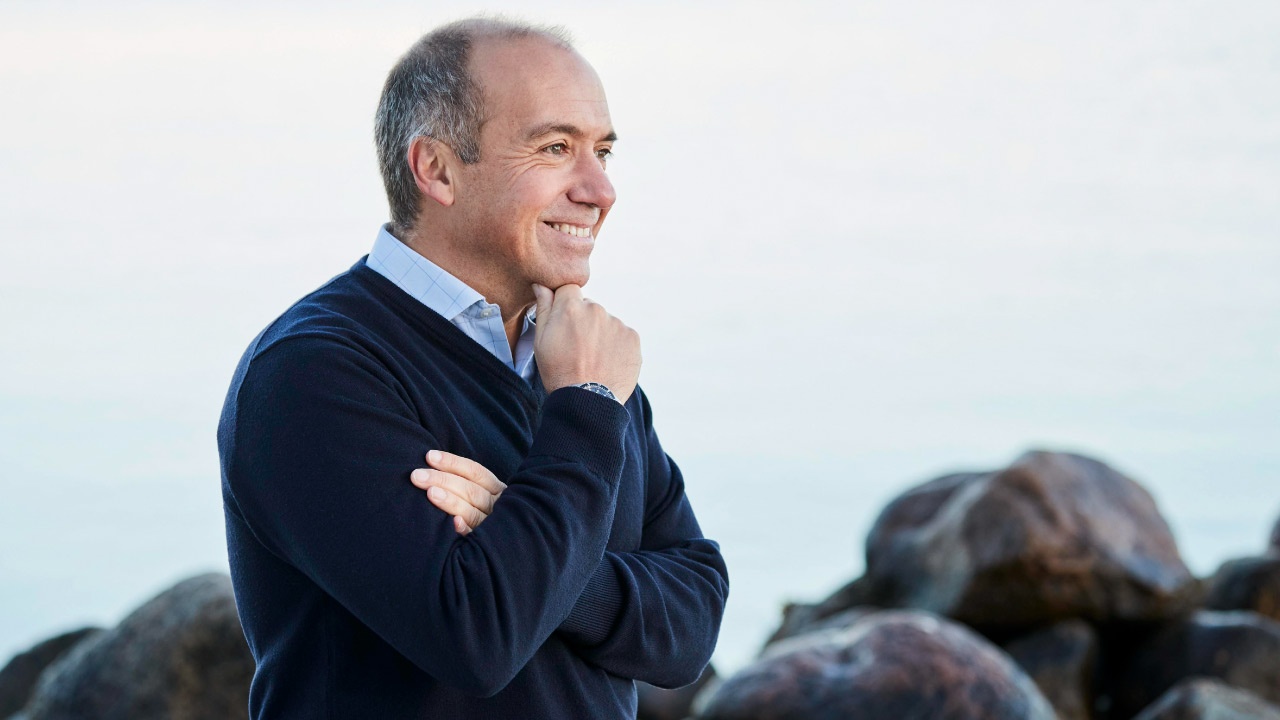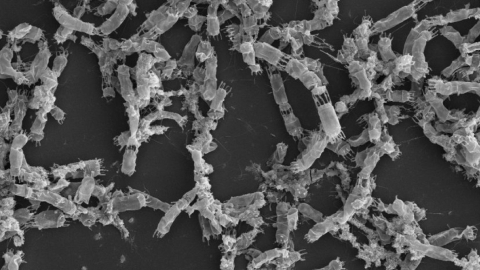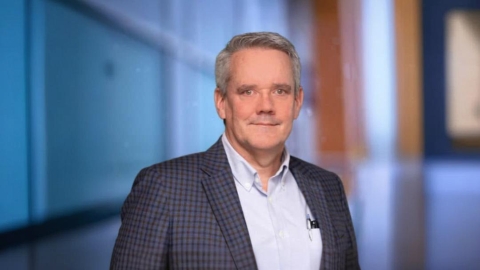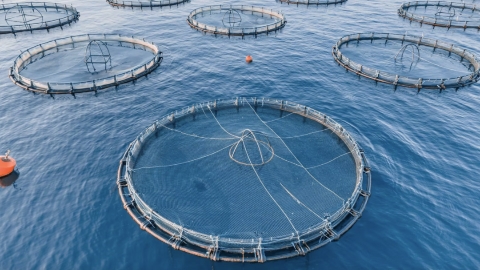
BioMar has reported an all-time low Forage Fish Dependency Ratio (FFDR) of 0.37 in its 2024 Sustainability Report, marking a significant milestone in the company’s sustainability journey. This achievement has been made possible through the innovative use of alternative ingredients and fish trimming, which now account for 55% of the total marine ingredient used. However, BioMar notes that fluctuating raw material markets may pose challenges in maintaining this level over time.
“We have had an impressive sustainability year,” said Carlos Díaz, CEO of BioMar Group. “Proving that being sustainable is not only the right thing to do but also makes good business sense. Our early investment in innovation and raw material development is paying off, and we will likely see an escalation in the production alternative materials in the coming years.”
In 2024, BioMar assessed a record number of alternative raw materials through its innovation pipelines and produced nearly 1 million tonnes of aquafeed containing microalgae. This figure represents approximately 70% of the company’s total aquafeed output.
“We have successfully embedded a sustainability mindset across the company, from R&D to commercial teams worldwide. Of course, we can do more, but we are very happy with our progress,” Carlos Diaz added.
BioMar’s strategy ot reduce its total feed carbon footprint by one-third by 2030 is also progressing well. Since 2020, the company has achieved a 14.4% reduction, measured through life cycle assessment (LCA) per tonne of feed produced. BioMar was the first aquafeed company to commit to the SBTi 1.5ºC target.
“We continue to deliver good results on our SBTi carbon reduction targets. This year we have achieved a 20.6% reduction in Scope 1 and 2 emissions and a 23.6% reduction in Scope 3 emissions from the baselines,” stated Vidar Gundersen, Global Sustainability Director at BioMar Group.
In the social domain, BioMar’s Enable People pillar has shown considerable progress, with new human rights policies implemented in areas such as parental leave, health and safety, and supply chain compliance. The 2030 goal of providing a 100% Living Wage has nearly been achieved, reaching 99,9% in 2024.
BioMar is now almost halfway towards achieving all of its 2030 Sustainability Ambitions, with strong performance across climate action, circular economy, and social impact indicators.
“These results are the outcome of strong collaboration with our partners and a clear focus on delivering long-term value through responsible innovation,” concluded Carlos Díaz.



